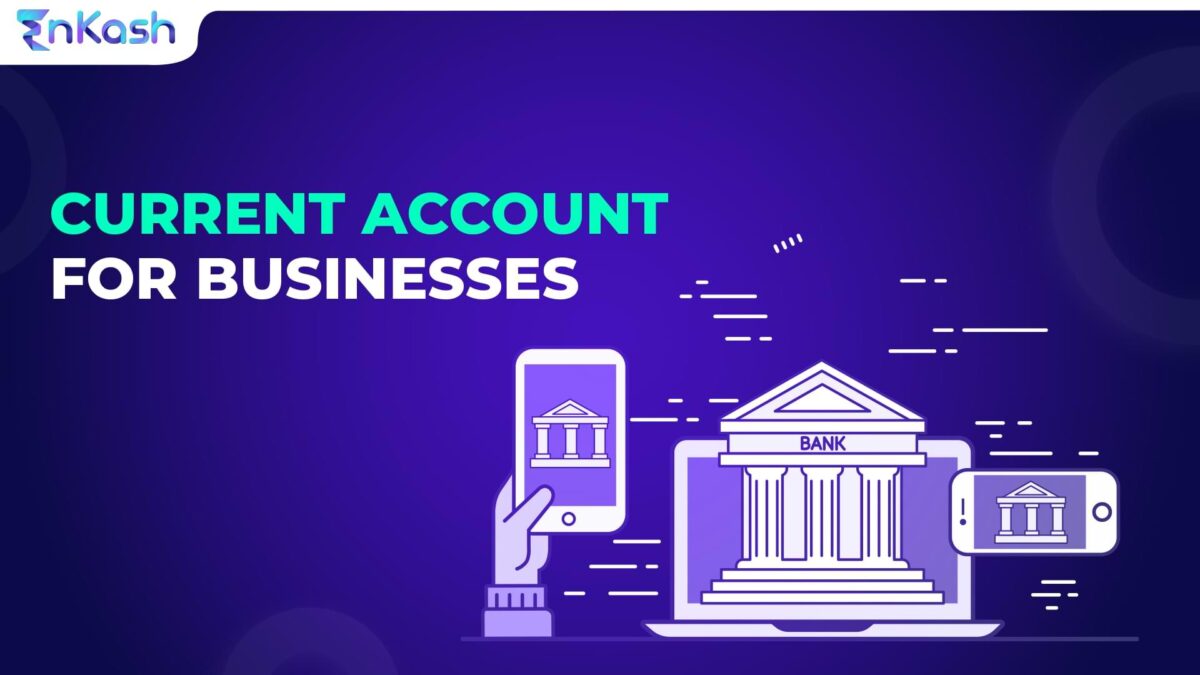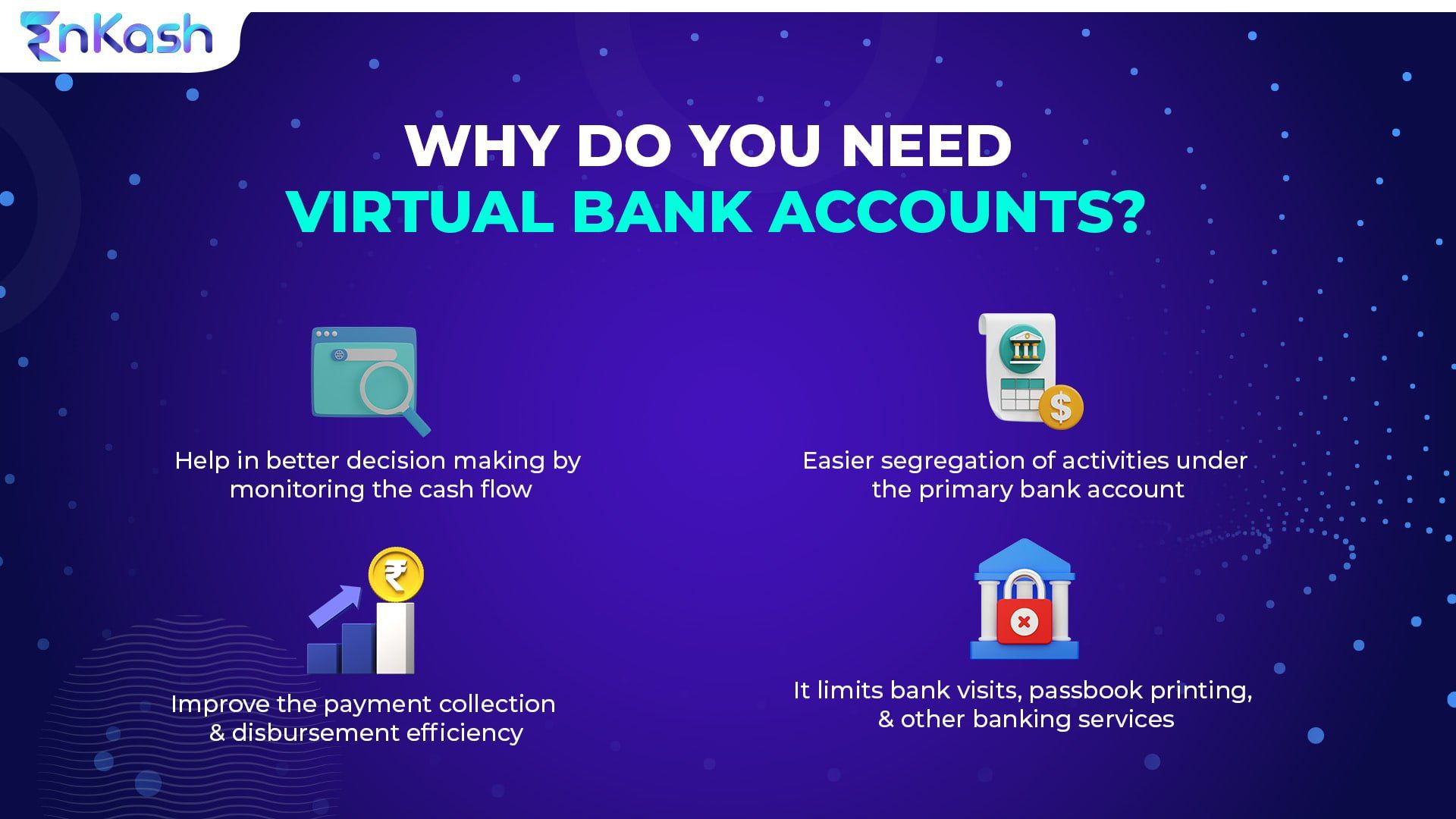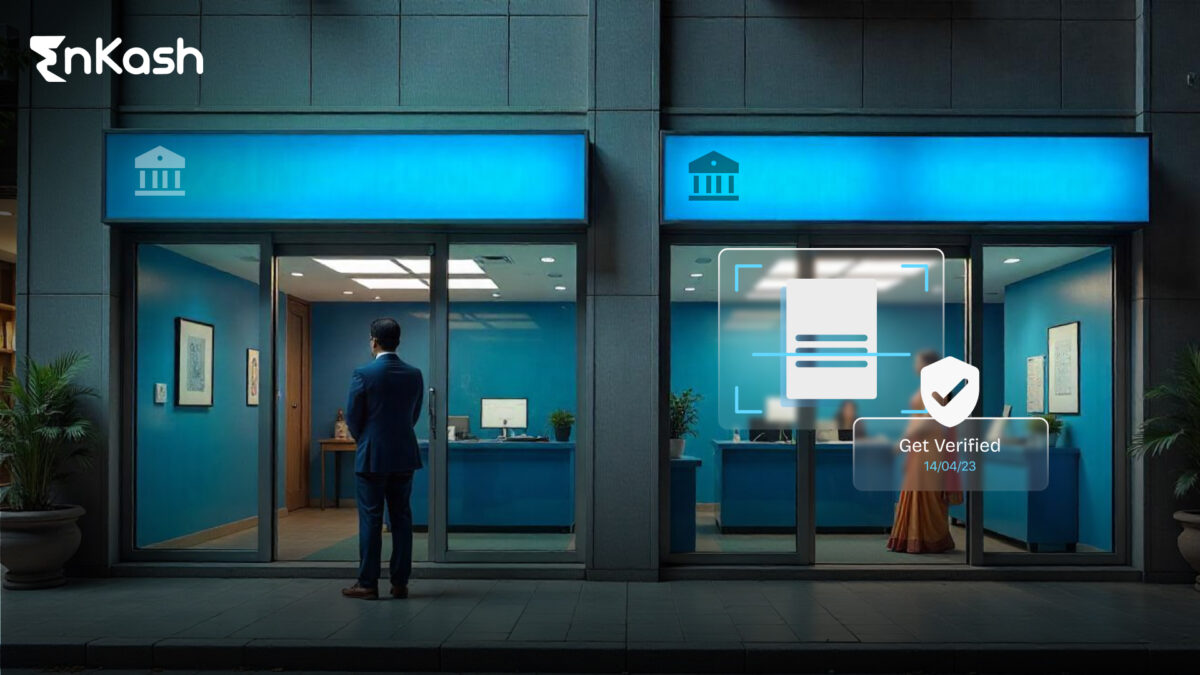Small, medium, and large firms all engage in a sizable number of daily transactions, which is one factor that unites these companies. A current account is absolutely required since efficient cash management is a key component of creating a sustainable business. As a banking customer, you have several options to choose from when it comes to opening a current account. In this article, we will discuss the different types of current accounts and help you decide which one is the best fit for your needs.
What is a Current Account?
Current accounts are a type of bank account that is designed for daily transactions such as deposits, withdrawals, and payments. They are ideal for businesses and individuals who need to manage their cash flow and perform regular financial transactions. A current account is a non-interest-bearing bank account, mainly used to service the needs of businesses. Current Accounts allow for more transaction limits on cash deposits and withdrawals within or outside the city. Everyone can open a current account, including individuals, partnerships, corporations, HUFs, societies, trusts, and private and public limited enterprises.
What are the top features of a Current Account?
- Allows for larger cash deposits and withdrawals within the city or outside of it
- Provides businesses with access to an overdraft facility based on their business activities, financial records, and average balance in the account
- The minimum balance requirement varies depending on the type of current account
- Benefit from extended banking hours for transactional activities
- Provides debit card access based on the current account packages
What advantages can Current Accounts offer?
Effective cash management: Current accounts are designed to manage day-to-day financial transactions such as deposits, withdrawals, and payments, making it easier to manage cash flow.
Overdraft facility: Businesses can take advantage of the overdraft facility to cover any shortfall of funds in the account. The amount of overdraft is based on business transactions, financial documents, and the average balance maintained in the account.
Digital transactions: Current accounts offer digital transaction facilities, enabling the easy and convenient transfer of funds through online platforms like net banking, mobile banking, and other digital payment methods.
Non-interest-bearing account: Current accounts do not pay any interest on the balance maintained in the account, making it a suitable option for businesses that need to manage their cash flow and carry out frequent transactions.
Extended banking hours: Customers can enjoy extended banking hours^ for carrying out transactions, making it easier to manage business transactions without having to worry about banking hours.
Debit card facility: Current account holders can avail debit card facility based on the Current Account packages, enabling them to make purchases or withdraw cash easily.
Types of Current Account
Below are the several types of Current Accounts offered by the banks to match the differential needs of their customers.
Basic Current Account
A basic current account is a simple, no-frills account that is designed for customers who do not require any additional features. These accounts typically do not pay any interest and may have restrictions on the number of withdrawals or checks that can be written. Basic current accounts are ideal for customers who do not have a strong credit history and may not qualify for other types of accounts.
Standard Current Account
A standard current account is a traditional account that offers a range of features, including overdraft facilities, check writing, and online banking. These accounts may pay interest on the balance maintained in the account and may charge a monthly fee for the services provided. Standard current accounts are suitable for customers who have a good credit history and require regular banking services.
Packaged Current Account
A packaged current account is a type of account that includes several additional features and services, such as travel insurance, mobile phone insurance, and breakdown cover. These accounts may charge a monthly fee for the services provided, and the additional features may vary depending on the account provider. Packaged current accounts are suitable for customers who require additional services and are willing to pay a fee for them.
Student Current Account
A student current account is a type of account that is designed for students who are enrolled in full-time education. These accounts typically offer interest-free overdraft facilities, no monthly fees, and additional discounts and offers. Student current accounts are ideal for students who require banking services and are looking for additional financial assistance during their studies.
Premium Current Account
A premium current account is a high-end account that offers several exclusive features, such as dedicated account managers, concierge services, and access to airport lounges. These accounts may have high minimum balance requirements and charge a substantial monthly fee for the services provided. Premium current accounts are suitable for customers who require additional services and are willing to pay a premium for them.
Conclusion
Current accounts are an essential tool for managing your daily financial transactions. Different types of current accounts are available to suit the needs of different customers. When choosing a current account, consider your financial needs and your ability to maintain a minimum balance or pay a monthly fee. By choosing the right type of current account, you can enjoy the benefits of convenient banking and stay in control of your finances.











